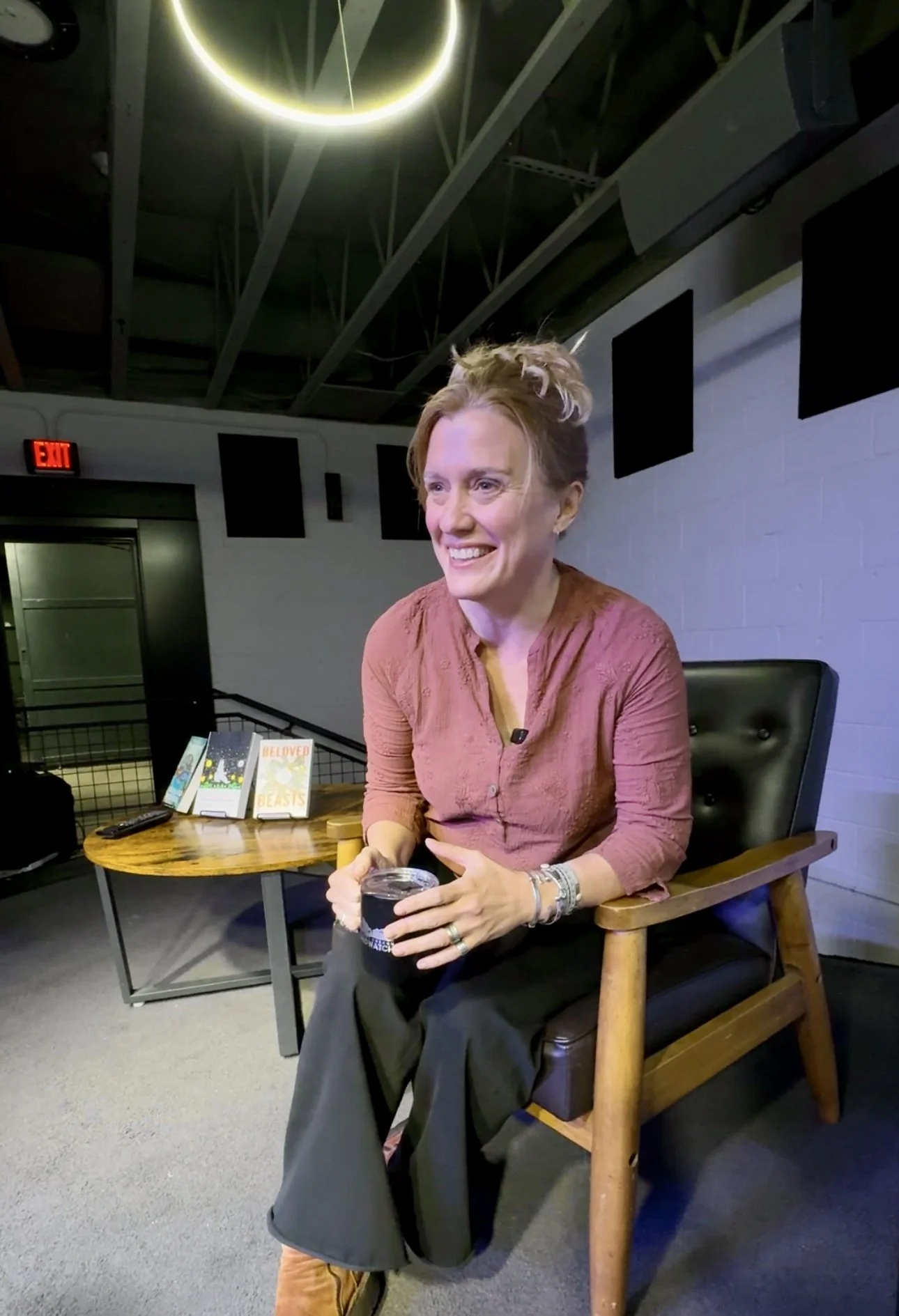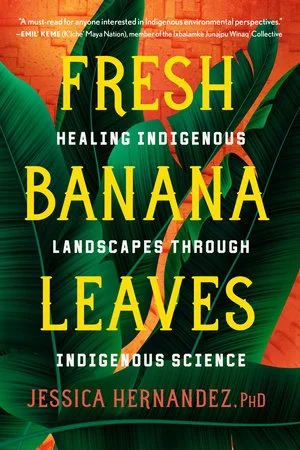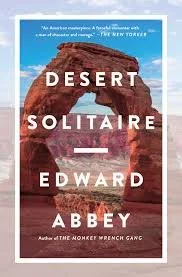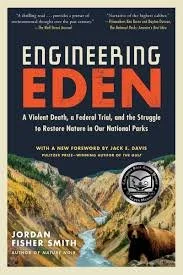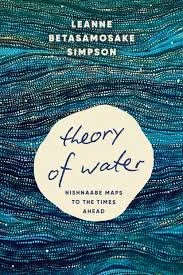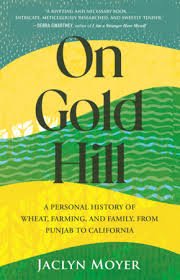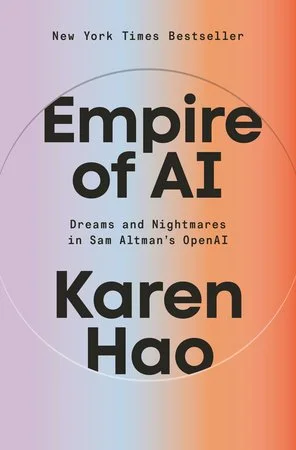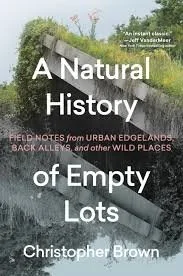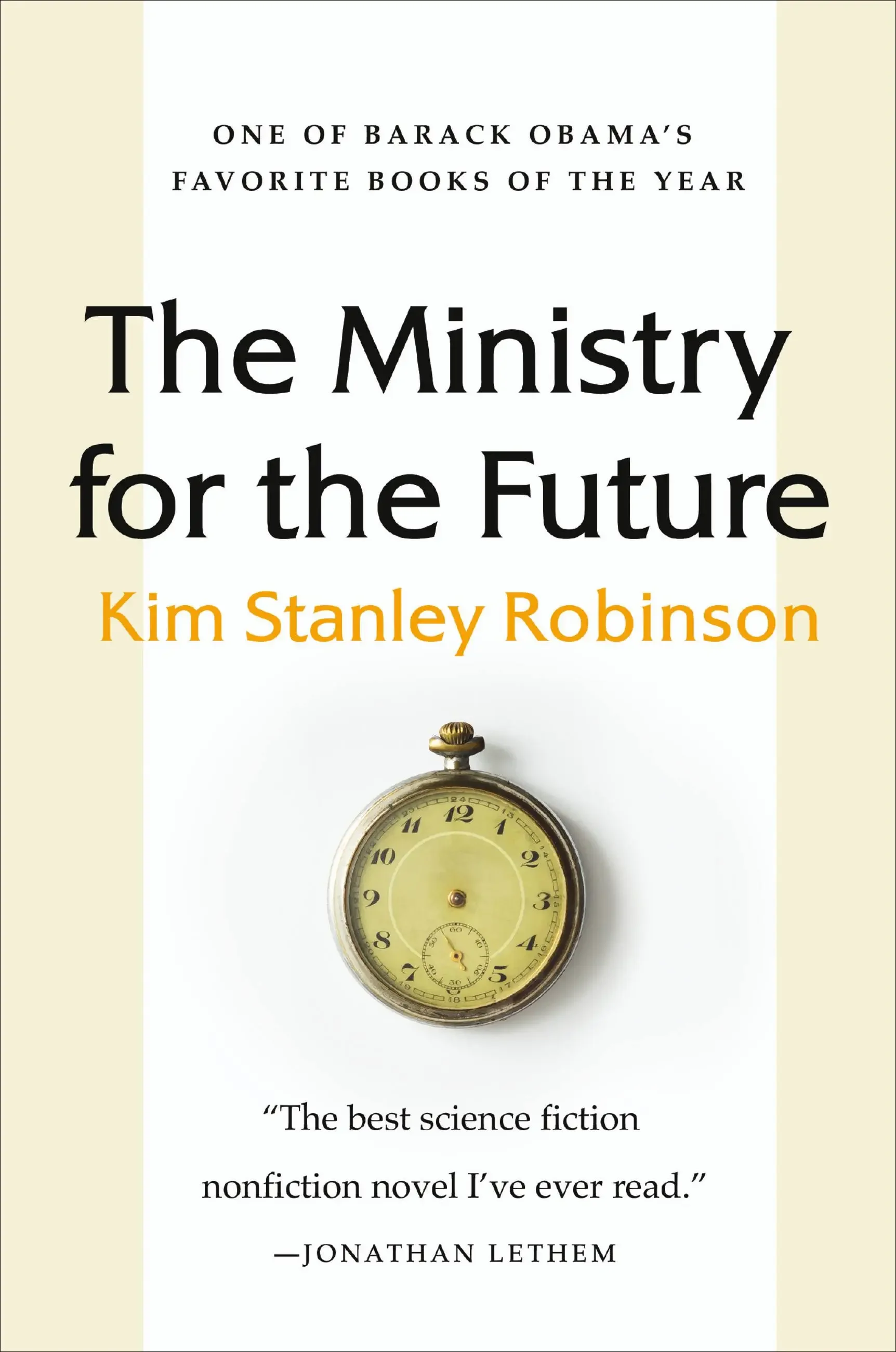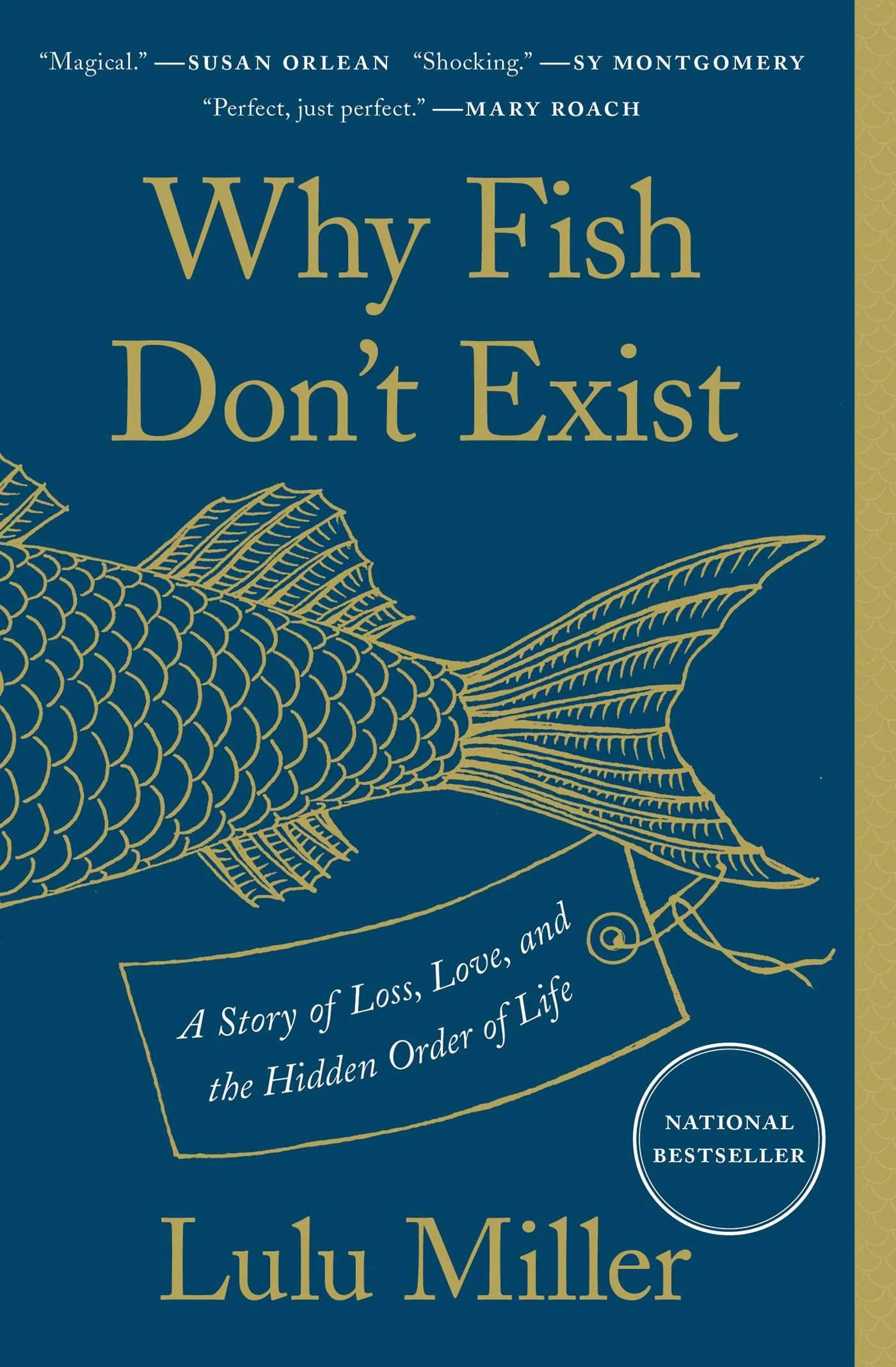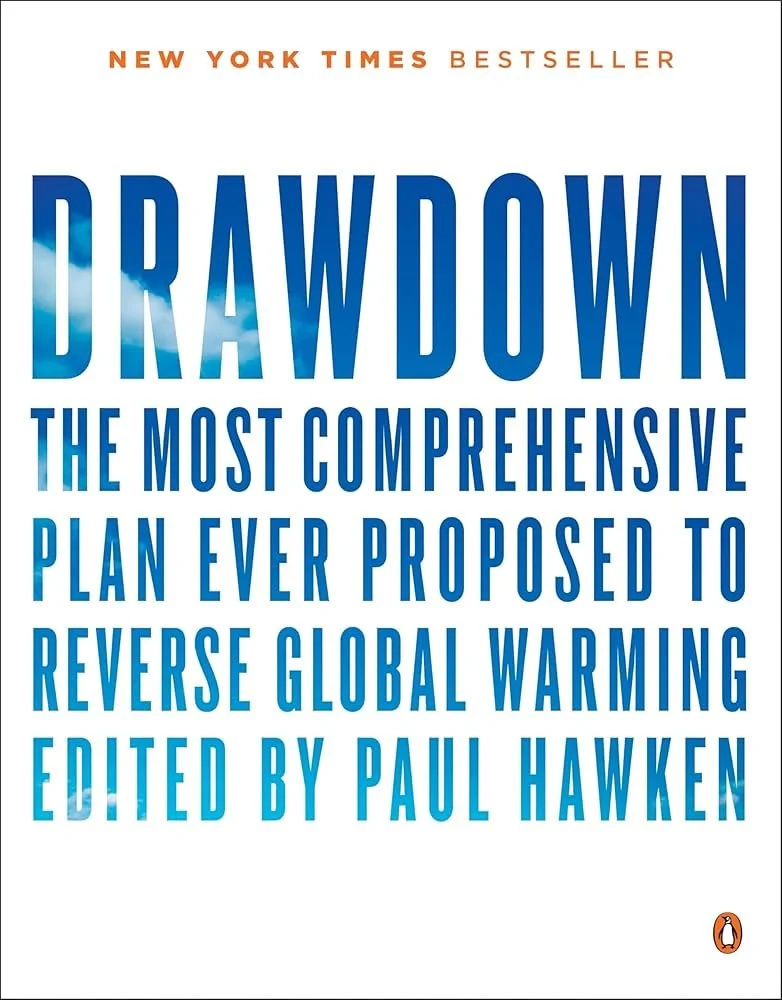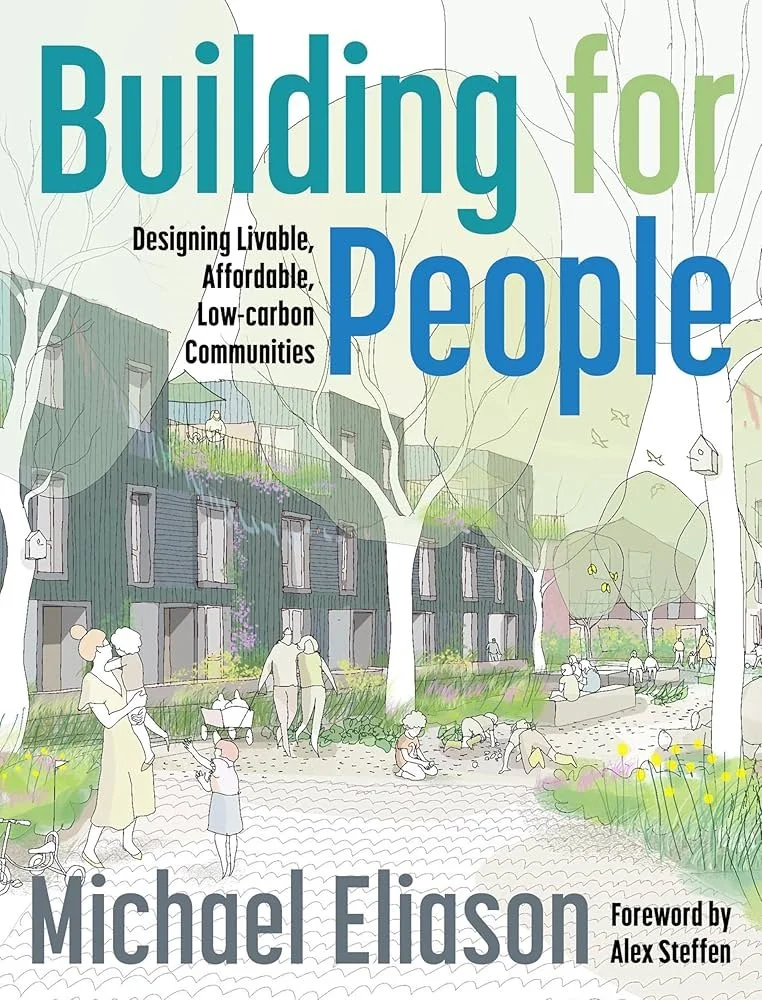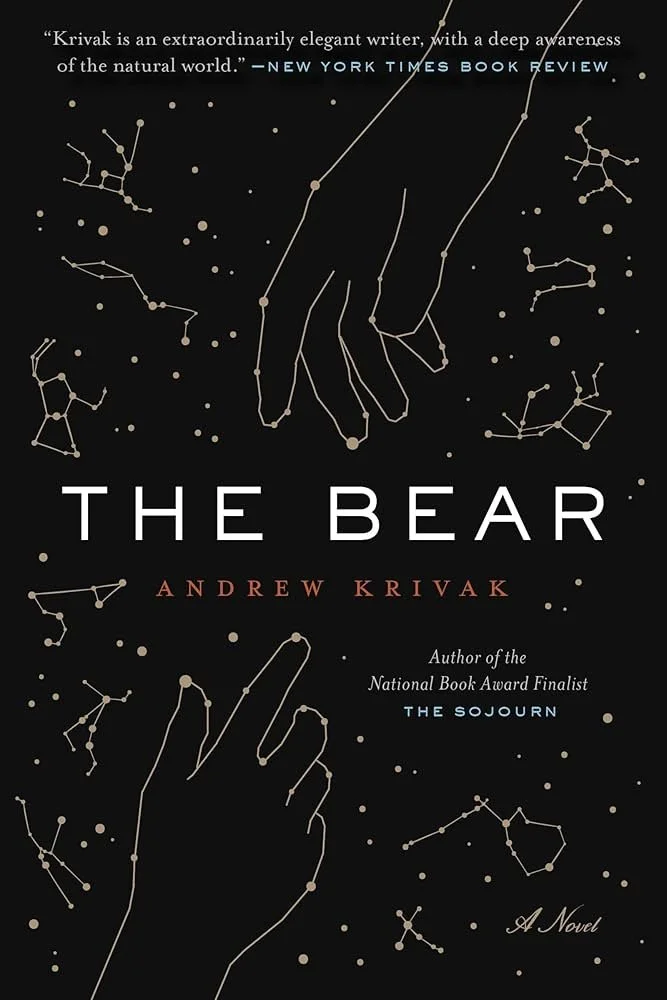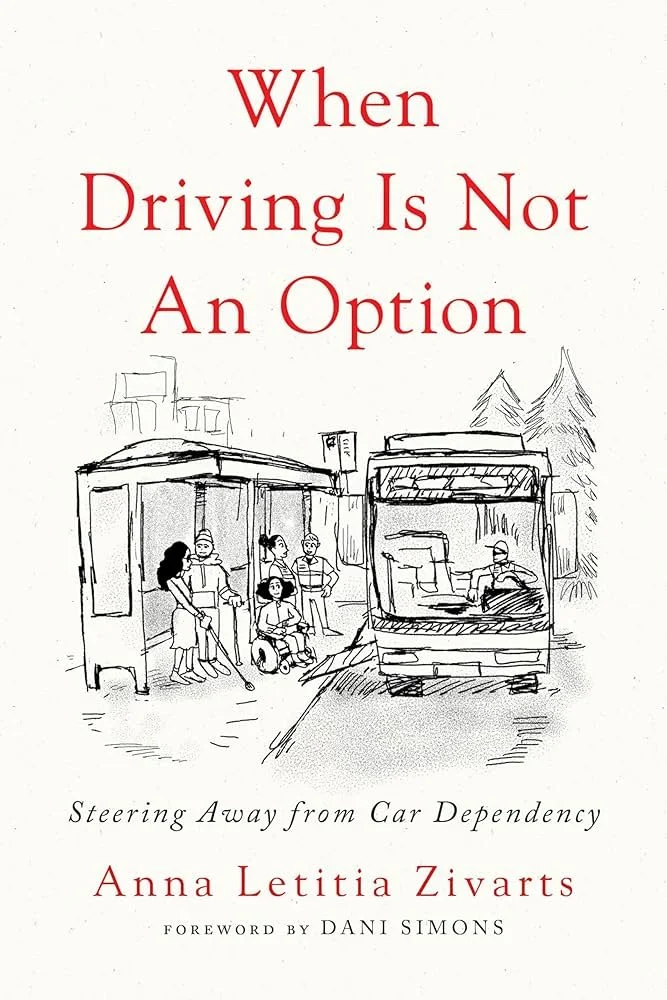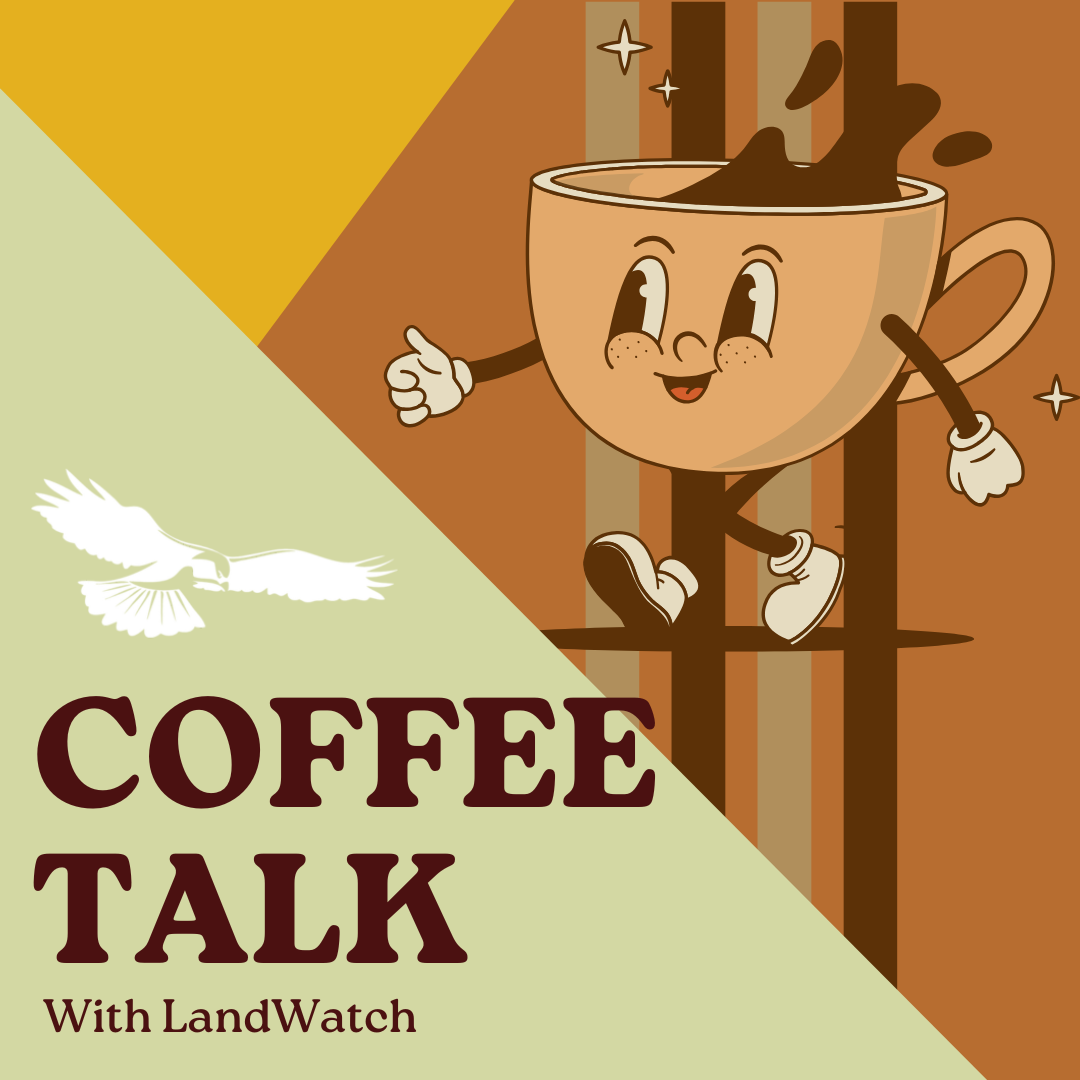Books to Rewrite Our Relationship with Nature
33 book recommendations from author Michelle Nijhuis that inspire a shift in thinking
On November 13, author and editor Michelle Nijhuis, joined the LandWatch community at Open Space Event Studios in Bend to lead us through an exploration of influential books that can help us shift our thinking away from systems of ecological oppression and toward a more just and verdant future.
We’ve collected all of the books Michelle discussed at the event, as well as a number of recommendations from LandWatch community members, and listed them below for your consideration, inspiration, and literary enjoyment!
-
After 15 years off the grid in rural Colorado, Michelle and her family and now live in White Salmon, Washington, on the north side of the Columbia River Gorge. A lapsed biologist, she specializes in stories about conservation and global change, but she’s covered subjects ranging from theater to wrestling to my preschooler’s conviction that Bilbo Baggins is a girl. Her book Beloved Beasts: Fighting for Life in an Age of Extinction, a critical history of the modern conservation movement, was published by W.W. Norton in 2021 and was named one of the best books of the year by the Chicago Tribune, Smithsonian, Booklist, and other publications.
Michelle is a longtime contributing editor of High Country News, an independent magazine that produces some of the finest journalism in the American West, and the lead editor of its Conservation Beyond Boundaries series.
Her writing has appeared in National Geographic, The New York Times Magazine, The New Yorker, and The Atlantic, and she’s a regular contributor to The New York Review of Books. Her work has won several national honors, including two AAAS/Kavli Science Journalism Awards and inclusion in four Best American anthologies, and it’s been generously supported by the Alicia Patterson Foundation, the Alfred P. Sloan Foundation, the Pulitzer Center on Crisis Reporting, and the Food and Environment Reporting Network.
She is also the co-editor of The Science Writers’ Handbook: Everything You Need to Know to Pitch, Publish and Prosper in the Digital Age, published by Da Capo Press, and the author of The Science Writers’ Essay Handbook: How to Craft Compelling True Stories in Any Medium. As a project editor for The Atlantic from 2017 through 2023, she edited features for the Planet section and the Life Up Close series.
Her last name rhymes with "my house."
Indigenous Science, History, and Environmental Justice
Wildlife
Plants, Fungi, & Forests
Wildfire
Public Lands
Water
Rural Lands & Sustainable Agriculture
Community Planning
Climate Change
Inner Stewardship
Recommendations from Local Authors and Environmental Changemakers
Drawdown: The Most Comprehensive Plan Ever Proposed to Reverse Global Warming by Paul Hawken
Oftentimes big global issues like climate change can seem too complicated to address. Drawdown is a solutions focused book/guide that puts solutions in a format that is easy to understand and see how they can all fit together to shift the needle on climate change. Also we can learn how there are some topics we can do in Central Ortegon, and some solutions that will be essential in other parts of the world.
Recommended by Neil Baunsgard, Climate Policy Manager at The Environmental Center
Building for People: Designing Livable, Affordable, Low-carbon Communities by Michael Eliason
Housing policy is climate policy. The lack of housing in Bend means a lot of our workforce drives in from Redmond, Prineville, and even Madras. Those long commutes equate to more CO2 emissions than might otherwise be the case. Housing near shops, schools and offices, that people can walk or bike to, is the opposite and promotes a lifestyle that is less CO2 intensive.
Recommended by David Welton, Bend YIMBY
The Overstory by Richard Powers
What a beautiful book. It made me stop looking at trees as “trees” and more as these ancient vaults of story, which of course led to an obsession with tree names and the environments they need.
Recommended by Tim Neville, Lead Storyteller at VISIT BEND
Why Fish Don’t Exist by Lulu Miller
I like books that come at environmental issues sideways, and one of my favorites along those lines is Why Fish Don't Exist, a short book by Lulu Miller of Radiolab. Miller somehow combines a "great man" biography with a murder mystery, the story of her personal struggle to find a reason to live, and a lesson on why, indeed, fish don't exist.
Recommended by LeeAnn Kriegh, author of The Nature of Bend and The Nature of Portland
Playground by Richard Powers
Reading a new Richard Powers novel is such a lift. The challenge of understanding the interwoven connections he's building throughout novel, the ideas and imagination put into the technological advancement of his stories, the vibrant exploration of life and all its possibilities and triumphs, the compassion, empathy, and complexity of humanity... all of it just makes for the most exquisite reading of my year. In Playground, Powers explores the abundant and vigorous life of the Pacific Ocean, the deep evolutionary connection between the ocean and the continents, and he invites the reader to think critically about the next phase of human technological advancement and evolution. The novel both celebrates and questions progress, explores how connections form and inform us, and weaves the biggest challenges of the day, including climate change, AI, racism, and sexism, into a powerfully human story about protecting one of Earth’s last wild places, the ocean.
Recommended by Cassie Clemans, owner of Roundabout Books
The Bear by Andrew Krivak
The Bear reads more like a fable than anything else and could easily be knocked out in a single sitting. It tells the story of a father and daughter, the last two humans on Earth, who have become separated on an overland journey and the daughter's quest to return home. It highlights the rewards and importance of approaching our stewardship of the Earth with care and intentionality. I have yet to make it through this book without sobbing, despite multiple attempts. I am known as the "science has an explanation for everything buzzkill guy" among my friends, but this book has made me feel spiritually connected to the natural world arguably more than any other.
Recommended by Lane Jacobson, owner of Paulina Spring Books
*has sold this book to “approximately half of the population of Central Oregon already”
The Omnivore's Dilemma, The Botany of Desire and more
“The classics like Sand County Almanac by Aldo Leopold and Walden by Thoreau are so near to my heart. They made me physically yearn, agonize for a deeper connection to nature. I felt such a passion in that search for connection. To know what it truly means to be human, to be animal, to be of the earth.
Basically any writing by Wendell Berry will make a person feel called to action. He writes in such a humble and approachable way.
Omnivore's Dilemma and Botany of Desire by Michael Pollan (and in a different way Animal, Vegetable, Miracle by Barbara Kingsolver) were deeply influential in my desire to work within the food system, not just within nature. I wanted to change the world starting with the way we eat.”
Recommended by Megan Kellner-Rode, Boundless Farmstead, who said: “I thought about this for a week, and found it impossible to choose just one book. It's the hardest question you could have asked me.”
When Driving Is Not an Option by Anna Zivarts
Getting people away from being car dependent and reducing our transportation greenhouse gas emissions is a huge part of addressing climate change. We often think of people on bikes as recreational riders and think in terms of how to get more people to ride because of the climate change aspect. But a significant number of people out there (almost 30% of the population!) that can't or don't drive and understanding the challenges they face is so important. I think it's important for everyone to read this book and to think about our transportation system from an equity lens. Getting people out of their cars is great for our communities, our planet, and our health. And our transportation system needs to be built with this in mind and focus on not leaving 30% of the population behind.
Recommended by Elisa Cheng, President at BEND BIKES
Recommendations from Event Attendees
The Seed Keeper by Diane Wilson
The Last Wolf by Jim Crumley
Entangled Life: How Fungi Make our Worlds by Merlin Sheldrake
Forest Euphoria by Patricia Ononiwu Kaishian
Barkskins by Annie Proulx
The Light Eaters by Zoë Schlanger
Desert Cabal: A New Season in the Wilderness by Amy Irvine
Where the Bluebird Sings to the Lemonade Springs by Wallace Stegner
Toward a Natural Forest by Jim Furnish
The Place No One Knew: Glen Canyon on the Colorado by Eliot Porter
The Worst Hard Time by Timothy Egan
The Comfort of Crows by Margaret Renkl
Night Magic by Leigh Ann Henion
Big Burn by Timothy Egan
Wild Souls: Freedom and Flourishing in the Non-Human World by Emma Maris
Fuzz: When Animals Break the Law by Mary Roach
Water: A Natural History by Alice Outwater
Do Trees Have Standing? by Christopher Stone
Navigating Environmental Attitudes by Thomas A. Heberlein
Walden by Henry David Thoreau
Turning to Stone by Marcia Bjornerud
Timefullness: How Thinking Like a Geologist Can Help Save the World by Marcia Bjornerud
Basin and Range by John McPhee
Skinny Woman in a Straw Hat by Hao C. Tran
The Beekeeper of Aleppo by Christy Lefteri
Stronghold by Tucker Mularkey
The Wild Trees by Richard Preston
The Bear by Andrew Krivak


